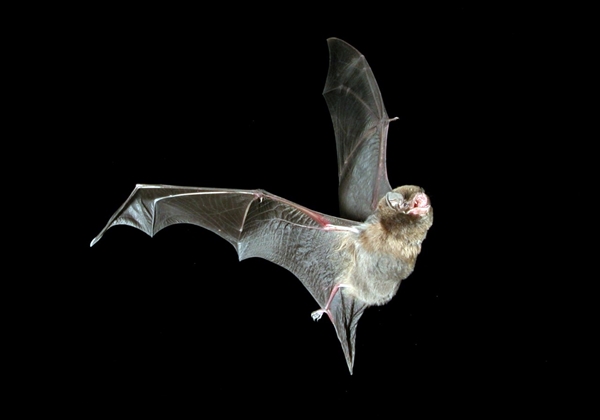27 Sept. 2023. Initial results from a clinical trial show an experimental vaccine produces immune responses in healthy adults against Covid-19 variants and a range of other coronaviruses. VBI Vaccines Inc. in Cambridge, Massachusetts released findings today from the trial on its web site, which are not yet peer-reviewed.
VBI Vaccines is a biotechnology enterprise developing vaccines invoking the immune system to treat and prevent disease, including cancer and hepatitis-B as well as infectious diseases. The company’s technology is based on virus-like particles, components of viruses designed to generate immune responses against pathogen targets, but not enough to cause the disease itself. In their natural state, says VBI, virus-like particles invoke immune responses against only a few viruses.
Thus, the company’s technology designs synthetic particles against viruses to resemble viral components, with a protein core between lipid or natural oil layers, which VBI calls enveloped virus-like particles or eVLPs. These eVLPs, says VBI, can produce a wider range of immune responses without infecting recipients.
VBI is developing several vaccines protecting against Covid-19 and coronaviruses in general. As reported by Science & Enterprise in Mar. 2021, VBI Vaccines received a $33 million award from Coalition for Epidemic Preparedness Innovations or CEPI for the company’s eVLP vaccine against Covid-19 Beta variants. At the time, the company was also working on a vaccine to protect against a broader range of known coronaviruses including the earlier SARS and Middle East respiratory syndrome or MERS, as well as Covid-19.
Protect against coronaviruses from bats and pangolins
The clinical trial assessed the company’s candidate vaccine code-named VBI-2901 against the original Covid-19 strain and SARS-CoV-2 variants that emerged since 2019 — Beta, Delta, and Omicron — as well as original SARS and MERS coronaviruses. The company says the vaccine is also designed to protect against coronaviruses from bats and pangolins, animals with viruses that can also infect humans. VBI says it collaborated with the National Research Council of Canada, CEPI, and the Canadian government’s Strategic Innovation Fund on the project.
The early-stage trial enrolled 101 healthy adult volunteers in Canada, who already received two or three messenger RNA vaccines against Covid-19 at least six months before the study. Participants were randomly assigned to receive two injections of VBI-2901 at low or high doses, 5 or 10 micrograms, or one dose at 10 micrograms. The study team tested blood samples from participants for antibody concentrations before and after vaccination to measure their immune responses. In addition, the study team followed up with participants after one and up to six months for blood tests.
VBI Vaccines says all participants show high or sustaining neutralizing antibodies against all of the Covid-19 variants and animal coronaviruses within 28 days following injections of VBI-2901, with peak immune responses shown by individuals receiving the single 10 microgram dose. The greatest increases in neutralizing antibodies, says the company, occur in people with the lowest antibody concentrations starting out.
In addition, single-dose recipients continue to exhibit neutralizing antibody titers or concentrations of about 75 percent from the initial tests against original the Covid-19 strain and other variants after five months following vaccination. VBI released limited safety data, noting only that reactions to VBI-2901 are similar to other eVLP vaccines, with no serious or life-threatening adverse effects reported.
Jeff Baxter, VBI Vaccines CEO says in a company statement the findings demonstrate “an ability to safely broaden durable, protective levels of immune responses and significantly boost neutralizing responses in participants with low baseline antibody titers.” The company says it received funds from CEPI and the Canadian government for further clinical trials.
More from Science & Enterprise:
- HHS Directs $100M for Covid-19 Venture Investments
- Vaccine Patch Shown Safe, Induces Immune Response
- Low-Dose Covid-19 Vaccine Generates Strong Immune Response
- Chewable Covid-19 Drug Reduces Viral Load, Symptoms
- Nasal Spray Reduces Flu Duration in Challenge Trial
We designed Science & Enterprise for busy readers including investors, researchers, entrepreneurs, and students. Except for a narrow cookies and privacy strip for first-time visitors, we have no pop-ups blocking the entire page, nor distracting animated GIF graphics. If you want to subscribe for daily email alerts, you can do that here, or find the link in the upper left-hand corner of the desktop page. The site is free, with no paywall. But, of course, donations are gratefully accepted.
* * *


 RSS - Posts
RSS - Posts
You must be logged in to post a comment.